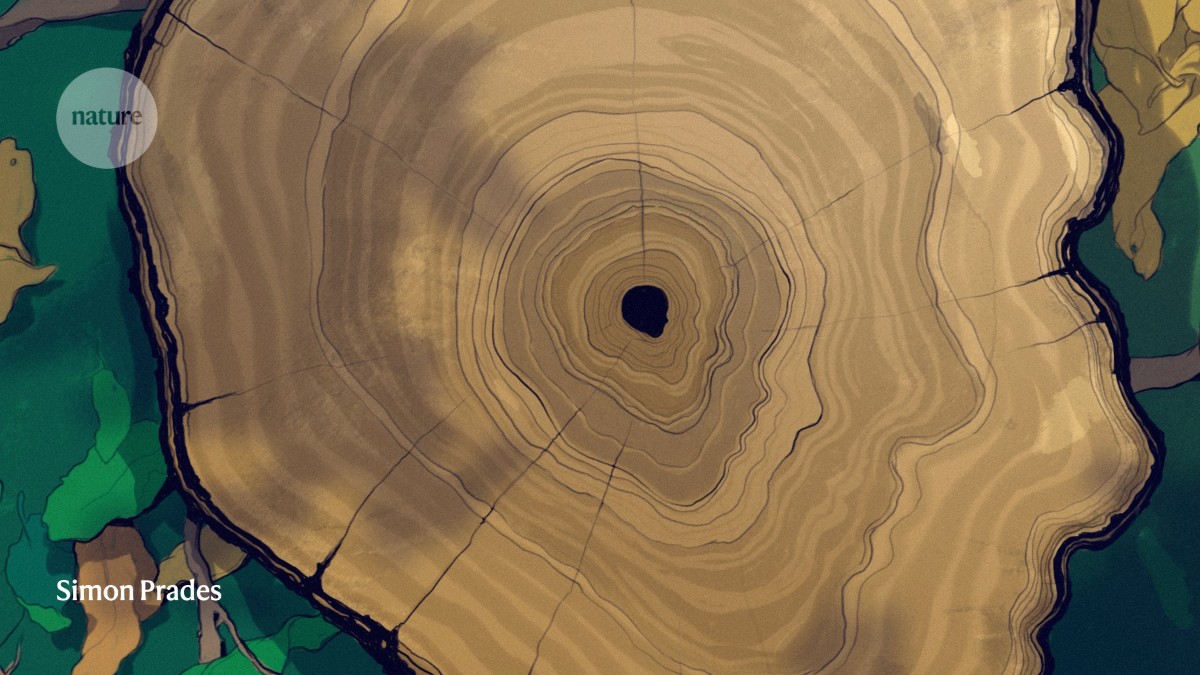
"Will a human ever celebrate a 150th birthday? You bet, says Stephen Austad, a biology of ageing researcher at the University of Alabama at Birmingham. Austad is so sure that life expectancy is poised for another rapid rise, he put money down in 2000 that the first person to reach 150 was already alive. It's a fantastical idea, counters Jay Olshansky, a longevity researcher at the University of Illinois Chicago, who took Austad's bet and foresees a payout for his descendants in 2150."
""In 1990, colleagues and I forecast that the rise in life expectancy will slow, as more people live long enough to be exposed to the immutable force of ageing," Olshansky says. When Olshansky revisited this analysis in 2024, he and his co-authors confirmed that life expectancy in the developed world was flatlining. The human body has been pushed about as far as it can go by conventional medicine, Olshansky says. "As long as ageing remains unmodified, you can't push out the envelope of survival much beyond where we are today.""
"Austad agrees. "I think we're very close to being able to do it," he adds, noting numerous approaches that have shown promise in animals and, increasingly, in people. Perhaps surprisingly, given their wager, Olshansky also sees great potential in this work. "I'm very optimistic that we will be able to slow down the biological process of ageing," he says. "I think it will happen in our lifetime.""
One researcher placed a bet in 2000 claiming the first 150-year-old is already alive and predicted a rapid rise in life expectancy. Another longevity researcher considers that prediction fantastical and estimates the first 150-year-old might appear around 2150. Revisited analyses show that life expectancy gains in the developed world have largely flatlined since twentieth-century improvements. Conventional medicine has reached practical limits for further survival gains without targeting ageing itself. Multiple experimental approaches have extended lifespan in animals and show emerging promise in humans. Both researchers identify slowing biological ageing as the necessary route to radical lifespan extension.
Read at Nature
Unable to calculate read time
Collection
[
|
...
]